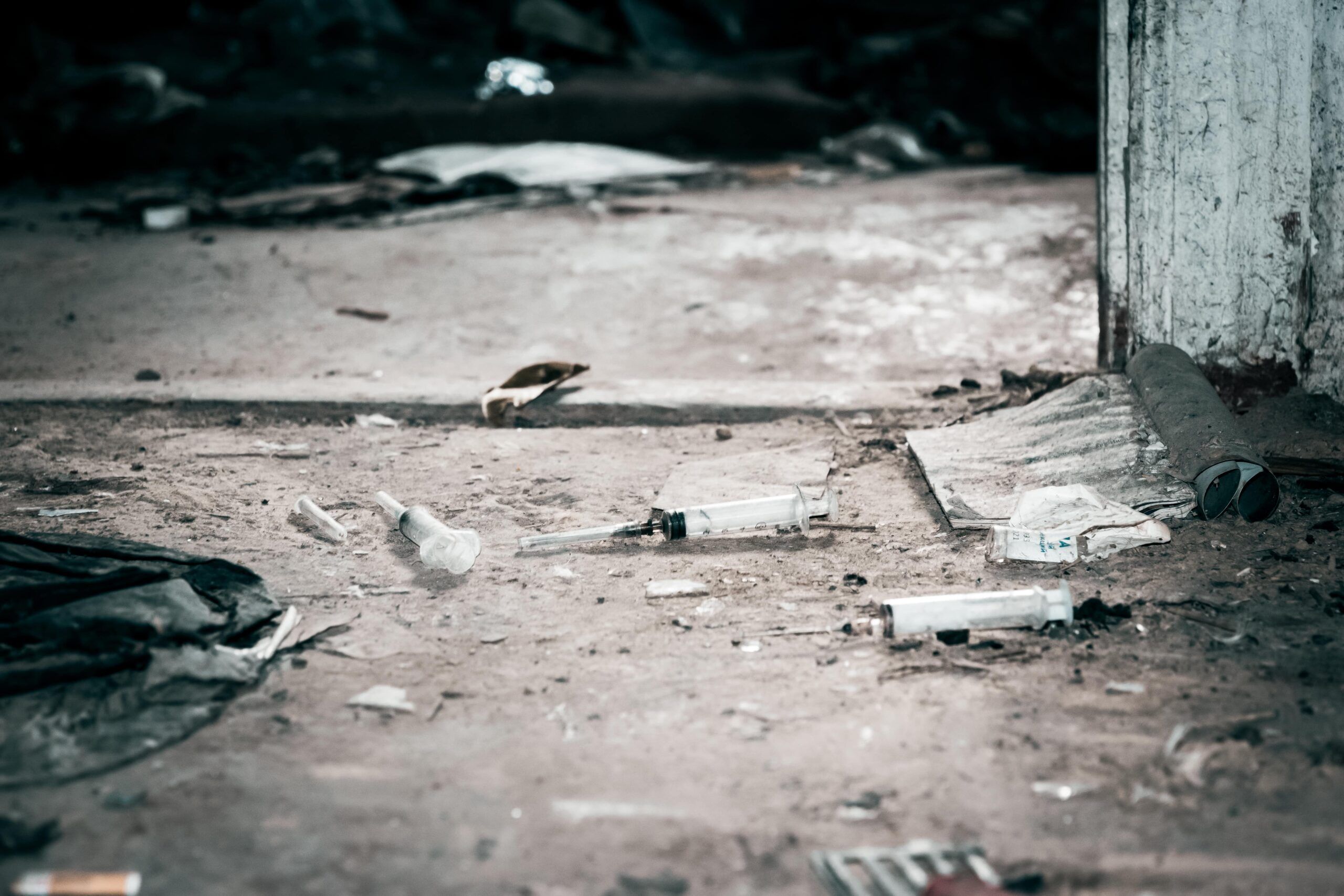
The Atlanta heroin triangle is contributing to the drug epidemic in the area. The number of lives touched and affected by this drug is astronomical and it has left a path of destruction in its wake. Affecting parts of Cobb, Gwinett, and Fulton counties, the triangle has affected many communities, particularly the affluent suburbs north of Atlanta.
But what is the Atlanta heroin triangle and what are the true impacts? Understanding the scope of the problem, and the available help can help those who are struggling to begin recovering from addiction to this dangerous drug.
What is Atlanta’s Heroin Triangle?
The Heroin Triangle in Atlanta refers to the area just north of Atlanta where the use of the drug and deaths due to it have become significantly high. This area relates to the northern part of Atlanta, continuing northwest to Marietta and east to John’s Creek, Alpharetta, and Duluth. It then ends southwest, near Sandy Springs. It does not encompass the highest number of overdoses and overdose deaths, but more a highly alarming growth rate in the area.
The effects of the drug have impacted different socio-economic groups, touching different demographics. Such is the nature of addiction to heroin. The impacts of heroin are so great that the state of Georgia has a Drug Surveillance Unit. This unit monitors overdose trends in the state and provides data to the public and partners who are working to end the epidemic.
When Did the Heroin Triangle Begin?
The spotlight on the Atlanta heroin triangle began in the early 2010s. This is when the heroin problem in Atlanta began, partially due to a crackdown on prescription opioids. This led to many people resorting to the use of heroin due to its cheaper price and ease of accessibility.
The affluent suburbs of Atlanta saw a sharp increase in heroin-related overdoses and arrests by 2013, gaining national attention.
Atlanta’s Heroin Epidemic
According to the Substance Abuse and Mental Health Services Administration’s (SAMHSA) study in 2017-2018, over 14,000 Georgians aged 18+ reported using heroin during the time frame of the study.
Additionally, 246,000 people aged 18+ in the state had reportedly used illicit drugs, other than marijuana, in the same time frame. These numbers are extremely high and can shed light on the true impacts of the heroin epidemic in the state.
Does Atlanta Still Have The Heroin Triangle?
In 2024, Atlanta still faces a significant challenge related to heroin addiction. This includes the Atlanta heroin triangle. The heroin problem in Atlanta persists, despite the decline in media coverage of the issue. The area still struggles with the availability of heroin, and the introduction of fentanyl, a potent synthetic opioid contributing to many overdoses and deaths.
Officials in the area are still actively working to combat the crisis and continued support and intervention are essential to reduce the impacts of heroin addiction in the area.
Short and Long-Term Effects of Heroin Abuse
Heroin abuse has severe short and long-term effects on the lives of individuals who are struggling. Short-term, heroin quickly binds to the opioid receptors in the brain, resulting in a rush of euphoria. A dry mouth, heavy limbs, and clouded functionality within the brain can often accompany this.
It can also result in severe itchiness, nausea, vomiting, and slowed heart rate and breathing. Long-term, heroin abuse can often lead to severe and irreversible health issues. Physical dependence and addiction are common, resulting in needing higher doses of the drug to achieve the desired effects. Prolonged abuse of this drug can result in kidney problems, collapsed veins, liver disease, and lung problems like pneumonia.
2024 Heroin Triangle Updates
The heroin triangle in Atlanta is still a prominent issue. Leaders and officials in the area are still working every day to provide data and combat this crisis to prevent further devastation. The area still struggles with heroin, which has been exacerbated by the introduction of fentanyl. It is still extremely vital to provide resources for help to the individuals who are struggling.
The Link Between Prescription Opioids and the Heroin Epidemic in Atlanta
Prescription opioid abuse became a major issue with the rise of pain management clinics and pill mills across the country. Drug addiction steadily increased as opioid painkillers became more readily available. Then, with the opioid painkiller crackdown, heroin was the cheaper, easily accessible alternative.
The individuals who were addicted to prescription painkillers resorted to using heroin to maintain their addiction and prevent withdrawal symptoms. The heroin triangle became prominent after the crackdown on prescription opioid medications.
Heroin Treatment and Detox
Recovery from heroin abuse and addiction is possible. Detox is the first step. It is crucial to remove the substance in a safe and healing environment, monitored by professionals. This helps to prevent potential complications and provides some comfort during the detox process.
Treatment provides support and understanding of how addiction affects different aspects of the individual’s life. Through therapy and support, these individuals can learn to live without the drug and gain control of their life back.
Transforming Lives in the Atlanta Heroin Triangle
The heroin epidemic in Atlanta, like the rest of the country, is still ongoing. The number of people struggling with this drug is astounding, and the impact of the drug on individual lives is severe. There is help available for those who find themselves grappling with heroin. If you or a loved one are struggling, we can help.
At Empowered Recovery Center we provide a safe and healing environment where people can begin recovering from heroin addiction. Take the first step toward healing and recovery beyond the Atlanta heroin triangle.
Call us today to begin your journey of empowerment and freedom from addiction.
Program Links
Check Your Insurance Benefits
Empowered Recovery Center is dedicated to providing addiction treatment services to the greater Atlanta area including Acworth, Alpharetta, Canton, Cartersville, Kennesaw, Marietta, Powder Springs, Sandy Springs, and more.
Resources
Connect With Us
-
Empowered Recovery Center
3651 Canton Road,
Marietta, GA 30066
